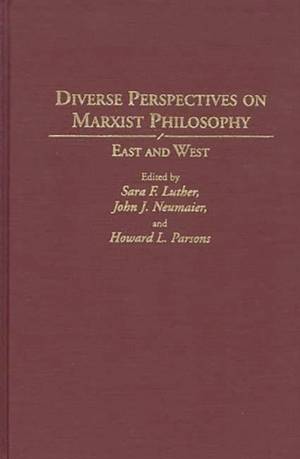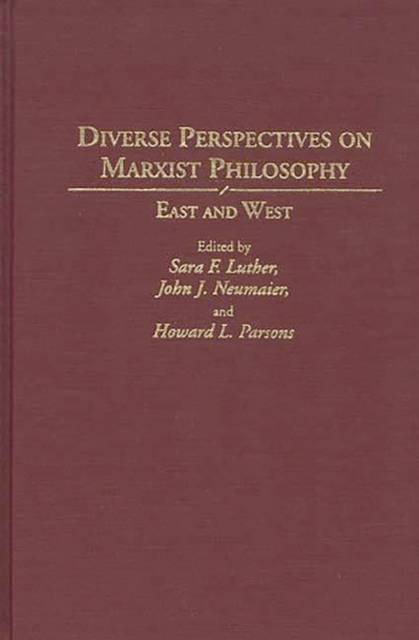
- Retrait gratuit dans votre magasin Club
- 7.000.000 titres dans notre catalogue
- Payer en toute sécurité
- Toujours un magasin près de chez vous
- Retrait gratuit dans votre magasin Club
- 7.000.0000 titres dans notre catalogue
- Payer en toute sécurité
- Toujours un magasin près de chez vous
Description
In the first dialogue of its kind after the abandonment of communism in Eastern Europe, philosophers from Russia, Hungary, Canada, and the United States engage in a timely and searching exchange of views. In a critical examination of Marxism's theory and practice, they ask: What in it was true and relevant to human progress? What are its successes, limitations, and failures? How can it be improved?
This volume brings together scholars from Russia, Hungary, Canada, and the United States to analyze and discuss the past, present, and future status of Marxist philosophy. Their contributions take on special significance in light of the changes in the economies and governments of the Soviet Union and Eastern Europe, and the displacement of Marxism as the official state philosophy. The essays examine questions fundamental to Marxist philosophy: the hegemonic and post-hegemonic role of Marxism in social movements; the creative presence of Marxism in the history of philosophy and thought; its successes and the causes of its failures in theory and practice; the pathways of correction; the need to broaden Marxism by making use of Western concepts; and many other critical questions that must be raised to understand the ongoing development of Marxist thought. Essential reading for all scholars and researchers concerned with the place of Marxism in history and thought.Spécifications
Parties prenantes
- Auteur(s) :
- Editeur:
Contenu
- Nombre de pages :
- 168
- Langue:
- Anglais
- Collection :
Caractéristiques
- EAN:
- 9780313293962
- Date de parution :
- 16-01-95
- Format:
- Livre relié
- Format numérique:
- Genaaid
- Dimensions :
- 161 mm x 243 mm
- Poids :
- 444 g

Les avis
Nous publions uniquement les avis qui respectent les conditions requises. Consultez nos conditions pour les avis.






